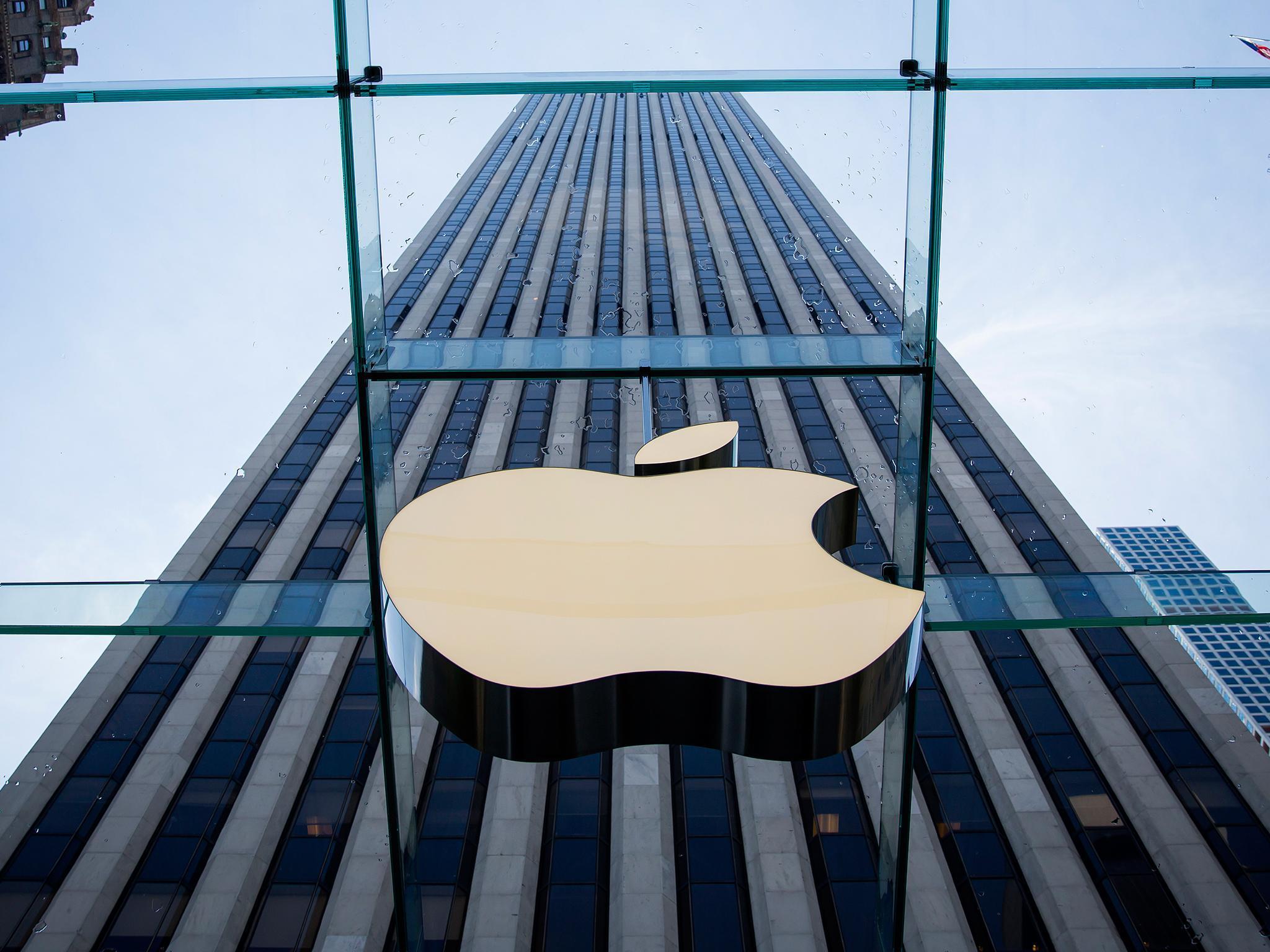Why Ireland doesn’t want Apple to pay back £11bn in taxes
Ireland is accusing European authorities of ‘exceeding their powers’

Ireland has laid out grounds for its appeal against European Commission’s demand that it collects a record €13bn (£11bn) in back taxes from Apple, accusing Brussels of overstepping its authority.
The country’s decision to fight the European Commission all the way through the courts for the right not to collect the taxes that the iPhone-maker supposedly avoided over the last 12 years might seem surprising.
Most governments across the world would be pretty pleased if they just got a court ruling allowing it to collect billions in back taxes.
So why the ingratitude?
Why has the Commission ruled in this way?
The European authorities accused Ireland of helping Apple to avoid tax by means of a so-called "sweetheart deal" that is in breach of EU rules. Commissioner Margrethe Vestager, who oversees competition policy, said this allowed Apple to pay an effective corporate tax rate of 1 per cent on its European profits in 2003, falling to just 0.005 per cent in 2014.
Both Irish authorities and Apple have repeatedly denied breaching state aid rules.
What is Ireland saying?
The Irish finance ministry said the European Commission had misunderstood both Irish law and had exceeded its powers, seeking to breach Ireland’s sovereignty in national tax affairs.
“Ireland did not give favourable tax treatment to Apple - the full amount of tax was paid in this case and no state aid was provided,” the ministry said in a statement on Monday.
“Ireland does not do deals with taxpayers.”
I still don’t understand, why is Ireland appealing the ruling?
The ruling means Ireland stands to gain an additional £11bn from unpaid taxes.
However, Ireland's decision to appeal - rather than take the money - is based around its economy's dependence on foreign companies.
The country has structured its economy around attracting multinationals with its low corporate tax rate.
About 1,000 such firms, including Facebook and Google, have their European headquarters in Ireland, due mainly to its 12.5 per cent headline rate of corporate income tax—the second-lowest in the EU.
Apple, which employs 6,000 staff in Ireland, is believed to bring about €16bn into the local economy annually through salaries, tax and investment.
So what happens if Ireland loses its appeal?
The ruling could be a devastating blow to a country that has thrived for decades on attracting foreign investment through its favourable tax regime.
The stock of foreign direct investment in Ireland at the end of 2014 was €311bn euros (£280 bn), or 165 per cent of GDP.
Losing the appeal could send a chilling message to other companies that have either invested in Ireland or were planning to do so in the future.
What are the wider implication of the ruling?
The Commission has become much more aggressive in its approach to the agreements struck between multinational companies and EU member states. Previously it ordered the Dutch authorities to recover €30m (£26m) from Starbucks with a similar amount due to Luxembourg from Fiat Chrysler.
Meanwhile, Amazon and McDonald's are in the frame over deals struck with Luxembourg. It wouldn’t be at all surprising to see further probes opened if the EU finds anything it doesn’t like.
Look for the bloc to seek out non US based companies in the future, to avoid accusations of unfairly targeting American businesses.
Join our commenting forum
Join thought-provoking conversations, follow other Independent readers and see their replies
Comments
Bookmark popover
Removed from bookmarks